Haredim: Israel's ultra-Orthodox Jews now facing conscription
Religious community pays few taxes, receives vast subsidies and has avoided military service, provoking ire of wider society
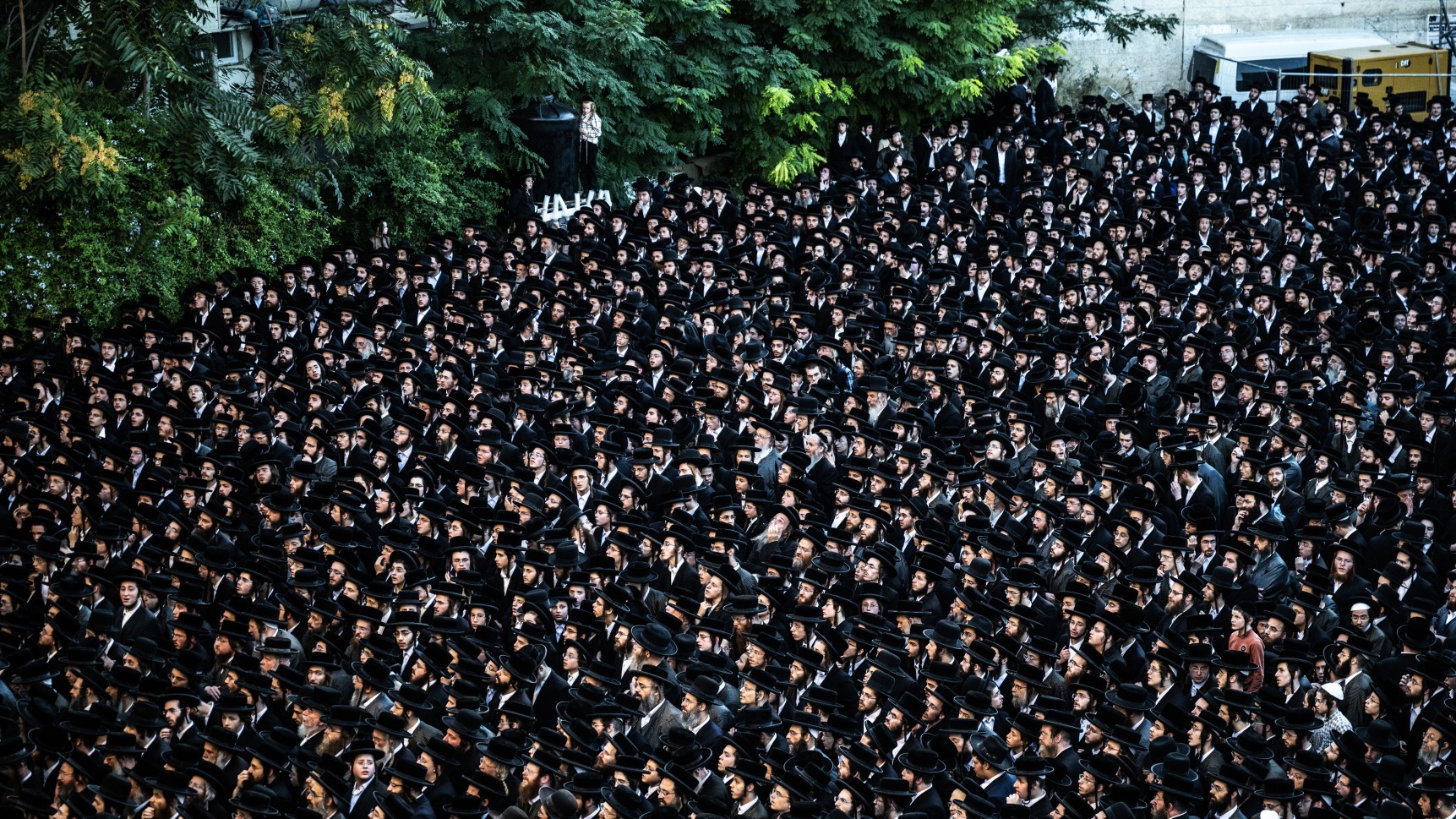
A free daily email with the biggest news stories of the day – and the best features from TheWeek.com
You are now subscribed
Your newsletter sign-up was successful
Israel's Supreme Court has ruled that ultra-Orthodox Jews can be conscripted into military service, sparking outcry among the powerful religious minority.
The religious Haredim community has been largely (and controversially) exempt from the draft since the creation of the state of Israel in 1948. But the unanimous Supreme Court decision on 25 June reversed that exemption, ruling that the "difficult war" in Gaza (and the looming threat of another in Lebanon) meant "the burden of inequality" between conscripted and non-conscripted Israelis was "more than ever acute". In response, thousands of ultra-Orthodox men have taken to the streets in protest.
But the decision has been welcomed in wider Israeli society after "decades of controversy" over the role of the Haredim, said The Washington Post, and "could lead to the collapse of Prime Minister Benjamin Netanyahu's ruling coalition", which depends on their backing.
The Week
Escape your echo chamber. Get the facts behind the news, plus analysis from multiple perspectives.

Sign up for The Week's Free Newsletters
From our morning news briefing to a weekly Good News Newsletter, get the best of The Week delivered directly to your inbox.
From our morning news briefing to a weekly Good News Newsletter, get the best of The Week delivered directly to your inbox.
Who are the Haredim?
The Haredim can trace their roots back to 19th-century Eastern Europe: a community of religious scholars that grew as a response to the Jewish Enlightenment and the spread of secular ideology and assimilation.
The singular "Haredi" comes from the Hebrew word "hared," meaning "one who trembles" (at the word of God). The community grew during the 20th century, forming religious schools (yeshivas) and institutions to preserve Orthodox Judaism. Although the Holocaust destroyed much of the population, the remaining Haredim established community centres and political parties in the new Israeli state.
The Haredim have since maintained a traditional way of life, devoting themselves to prayer. They have a "distinctive" dress with long "modest garments" for women and head coverings for men, and maintain a "distinctive way of life", isolated from the outside world to remain "pure", said Al Jazeera.
But thanks to high birth rates, what was once a few hundred students of the Torah has grown to nearly 13% of the Israeli population: about 1.3 million people. This has led to increasing political influence – and tensions within the broader community, where military conscription and integration are highly contentious issues.
A free daily email with the biggest news stories of the day – and the best features from TheWeek.com
Few Haredi "work, pay taxes or serve in the military", said The Washington Post. Last year, 66,000 Haredim did not enlist – about 90% of the community. They also benefit from "substantial government benefits".
These "hundreds of millions of dollars for their community's institutions" have led their political parties to provide "crucial backing" for Netanyahu – and provoked the ire of the wider Israeli community.
Why were they exempt from military service?
An arrangement made during the founding of the Israeli state exempted the Haredim from the draft, which conscripts most Jewish men and women into three and two years of military service respectively.
The exemption, known as the "torato umanuto" ("Torah study is his job"), allowed men to avoid serving in the military as long as they spent their time studying Jewish holy books. "Haredim believe – deeply, strongly and sincerely – that religious devotion in the form of Torah-study, no less than the actions of foot soldiers or intelligence officers, is important for Israel's security," said Newsweek.
But as conflicts in the Middle East have intensified, "Israelis from across the political spectrum have demanded a change to the status quo", said The Washington Post. In 2017, the Supreme Court struck down the exemption law.
Since then, "repeated court extensions and government delaying tactics over a replacement" have "dragged out a resolution", said The Associated Press.
About 81% of Israelis favour removing the exemption, a survey by Jerusalem-based non-partisan think tank The Jewish People Policy Institute found in March.
What impact will the ruling have on the Haredim?
The immediate effects will be "largely financial", said Newsweek. Funds for institutions where draft-eligible men study "will be slashed". But the Haredim will "somehow manage to make up the shortfall".
The military is also "unlikely to immediately call up all draft-age Haredi men", said CNN. The Israel Defense Forces has committed to recruiting only 3,000 yeshiva students next year, according to the attorney general's office – although the court's ruling said that about 63,000 ultra-Orthodox students are eligible.
But the decision has "highlighted the fault line in Israeli society between ultra-Orthodox Jews on whom Netanyahu relies, and the many Israelis who believe that "all Jewish citizens should serve in the military, especially during wartime".
And clashes between protesters and police have "underscored the depth of emotion in the ultra-Orthodox community, many of whom believe that serving in the military is incompatible with their way of life".
Harriet Marsden is a senior staff writer and podcast panellist for The Week, covering world news and writing the weekly Global Digest newsletter. Before joining the site in 2023, she was a freelance journalist for seven years, working for The Guardian, The Times and The Independent among others, and regularly appearing on radio shows. In 2021, she was awarded the “journalist-at-large” fellowship by the Local Trust charity, and spent a year travelling independently to some of England’s most deprived areas to write about community activism. She has a master’s in international journalism from City University, and has also worked in Bolivia, Colombia and Spain.
-
 How the FCC’s ‘equal time’ rule works
How the FCC’s ‘equal time’ rule worksIn the Spotlight The law is at the heart of the Colbert-CBS conflict
-
 What is the endgame in the DHS shutdown?
What is the endgame in the DHS shutdown?Today’s Big Question Democrats want to rein in ICE’s immigration crackdown
-
 ‘Poor time management isn’t just an inconvenience’
‘Poor time management isn’t just an inconvenience’Instant Opinion Opinion, comment and editorials of the day
-
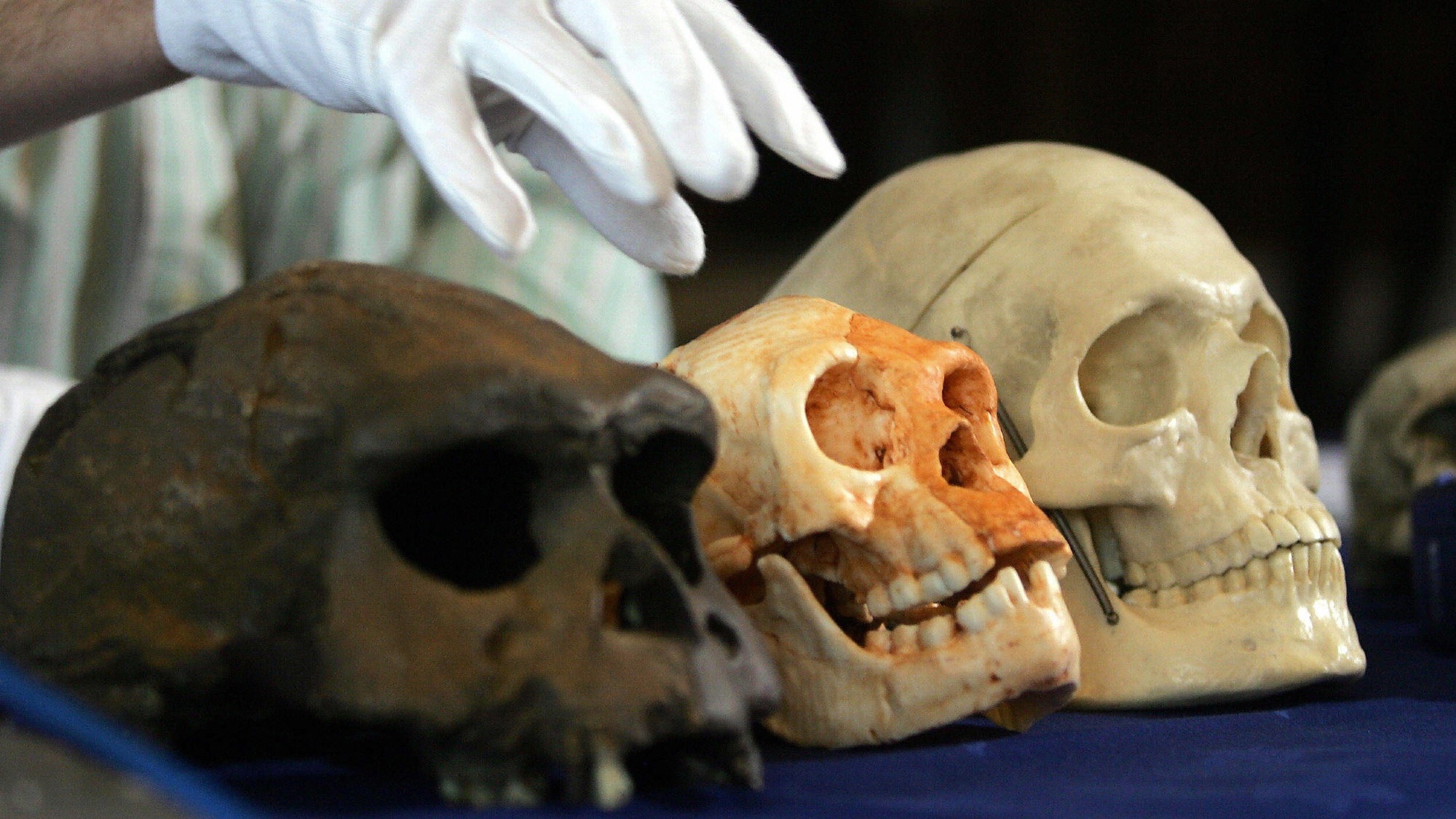 Homo floresiensis: Earth’s real-life ‘hobbits’
Homo floresiensis: Earth’s real-life ‘hobbits’Under the Radar New research suggests that ‘early human pioneers’ in Australia interbred with archaic species of hobbits at least 60,000 years ago
-
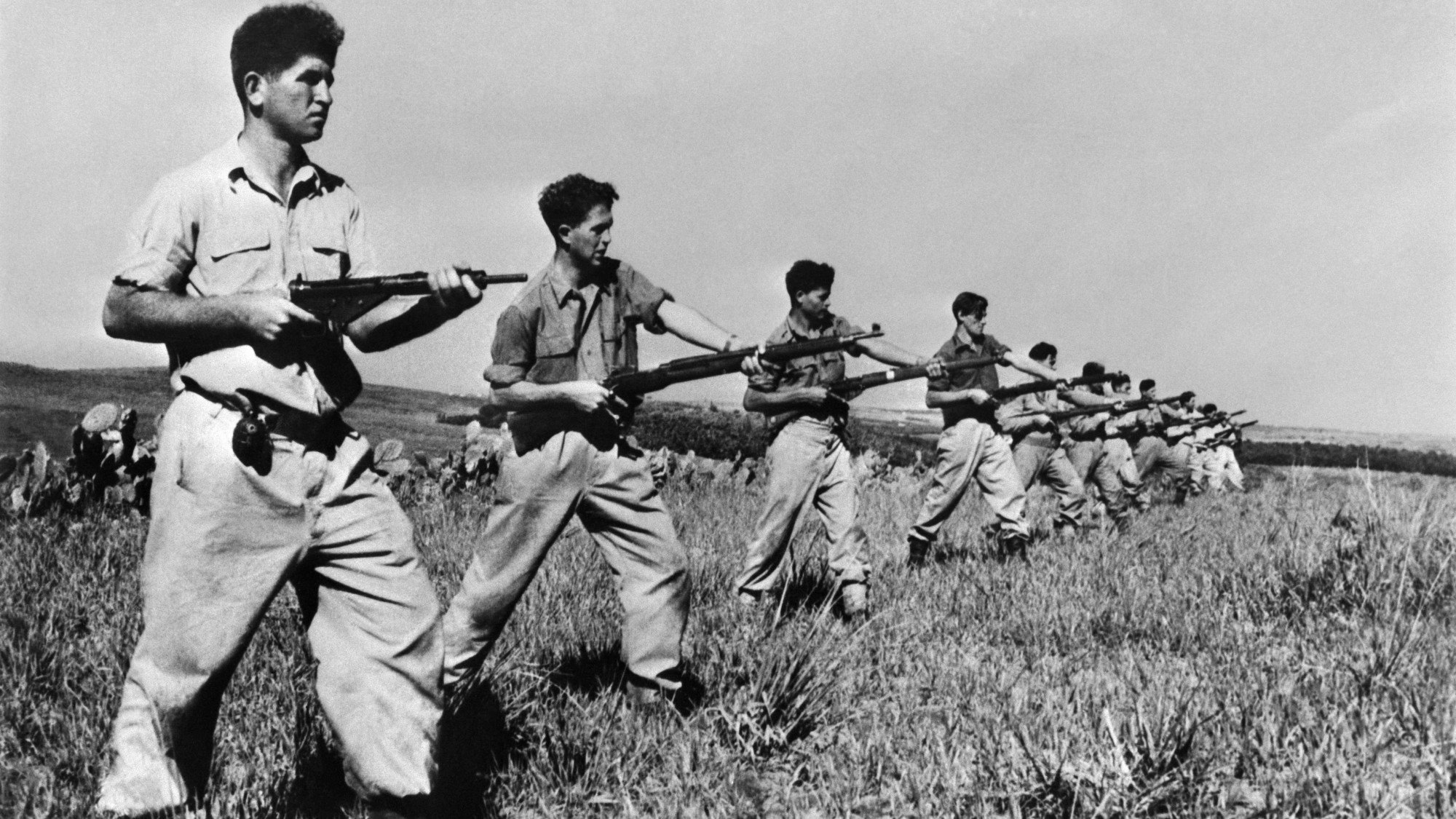 The origins of the IDF
The origins of the IDFIn Depth The IDF was formed by uniting Zionist paramilitary groups, WWII veterans and Holocaust survivors
-
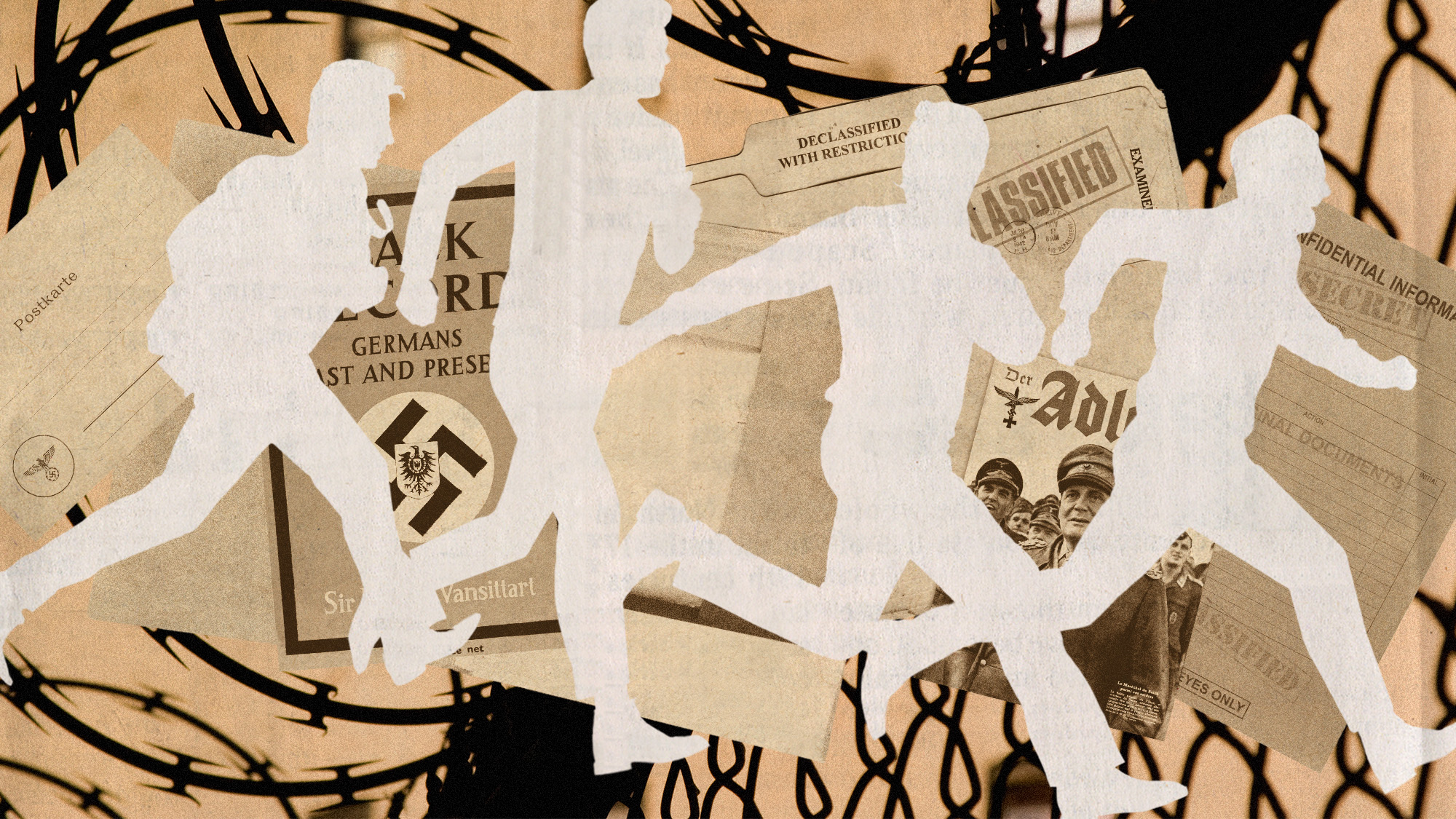 Argentina lifts veil on its past as a refuge for Nazis
Argentina lifts veil on its past as a refuge for NazisUnder the Radar President Javier Milei publishes documents detailing country's role as post-WW2 'haven' for Nazis, including Josef Mengele and Adolf Eichmann
-
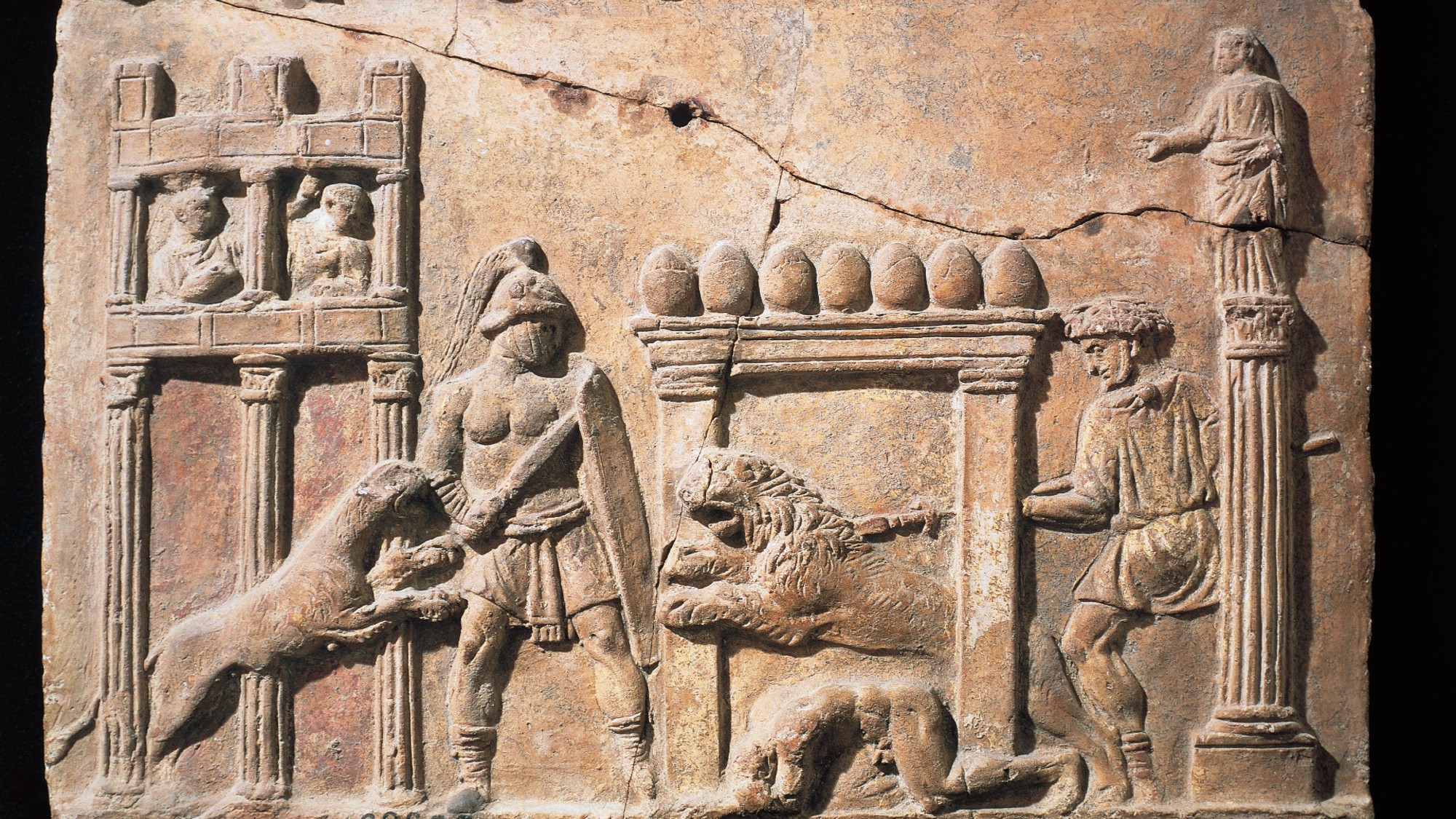 Scientists have found the first proof that ancient humans fought animals
Scientists have found the first proof that ancient humans fought animalsUnder the Radar A human skeleton definitively shows damage from a lion's bite
-
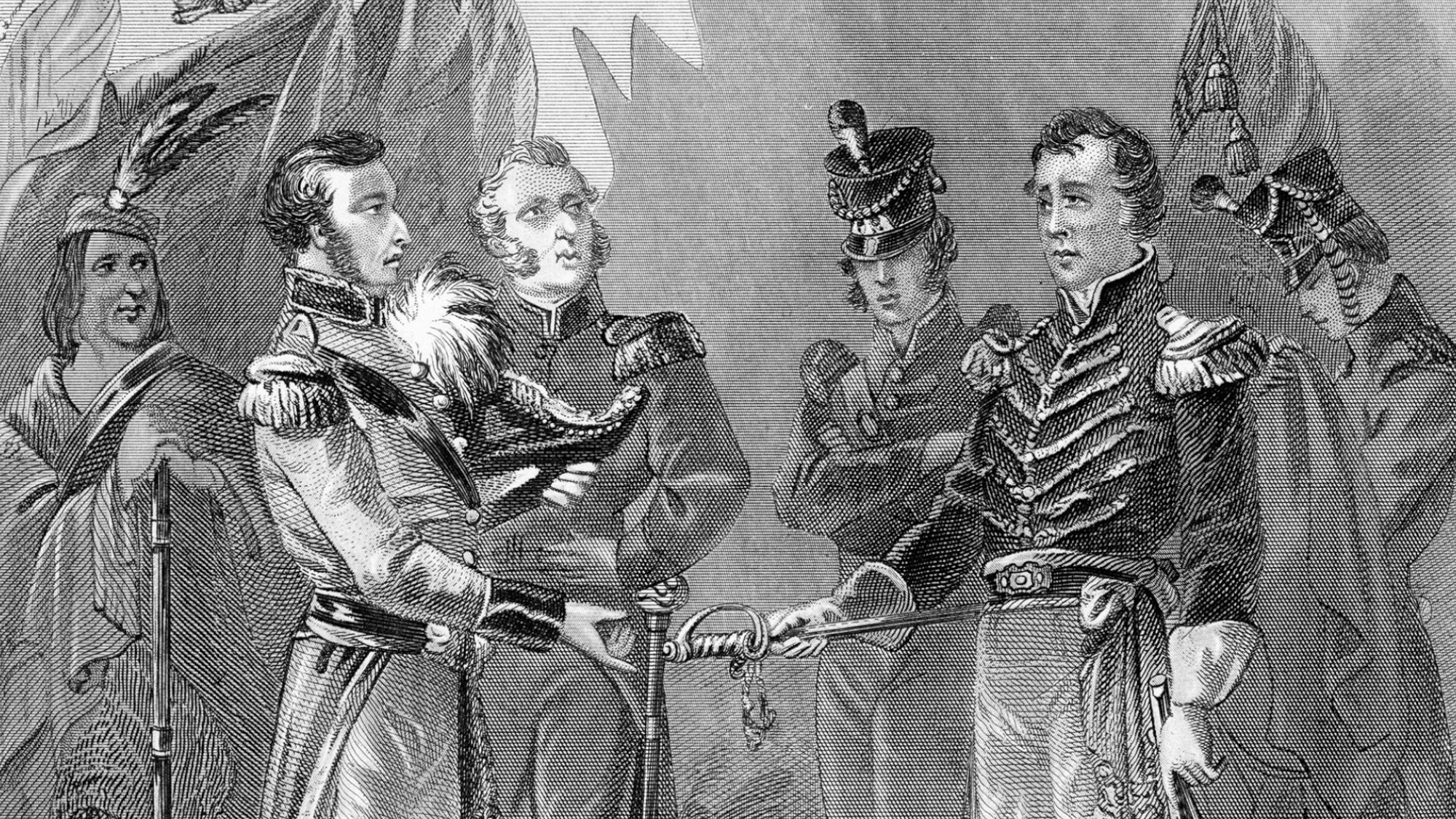 When the U.S. invaded Canada
When the U.S. invaded CanadaFeature President Trump has talked of annexing our northern neighbor. We tried to do just that in the War of 1812.
-
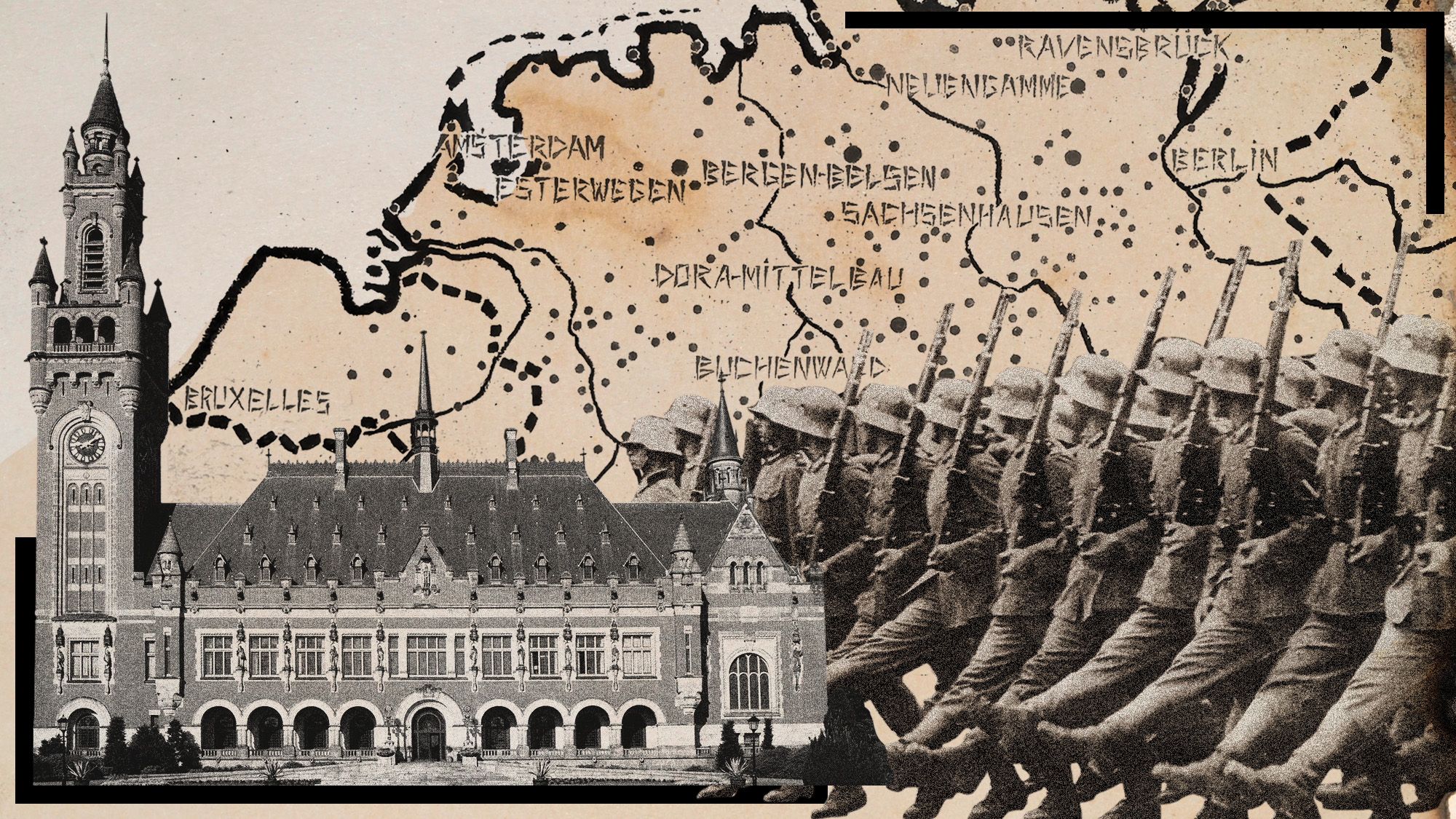 Newly publicized Dutch archives force families to confront accusations of Nazi collaboration
Newly publicized Dutch archives force families to confront accusations of Nazi collaborationUnder the Radar The archives were available to researchers but only recently became publicly accessible
-
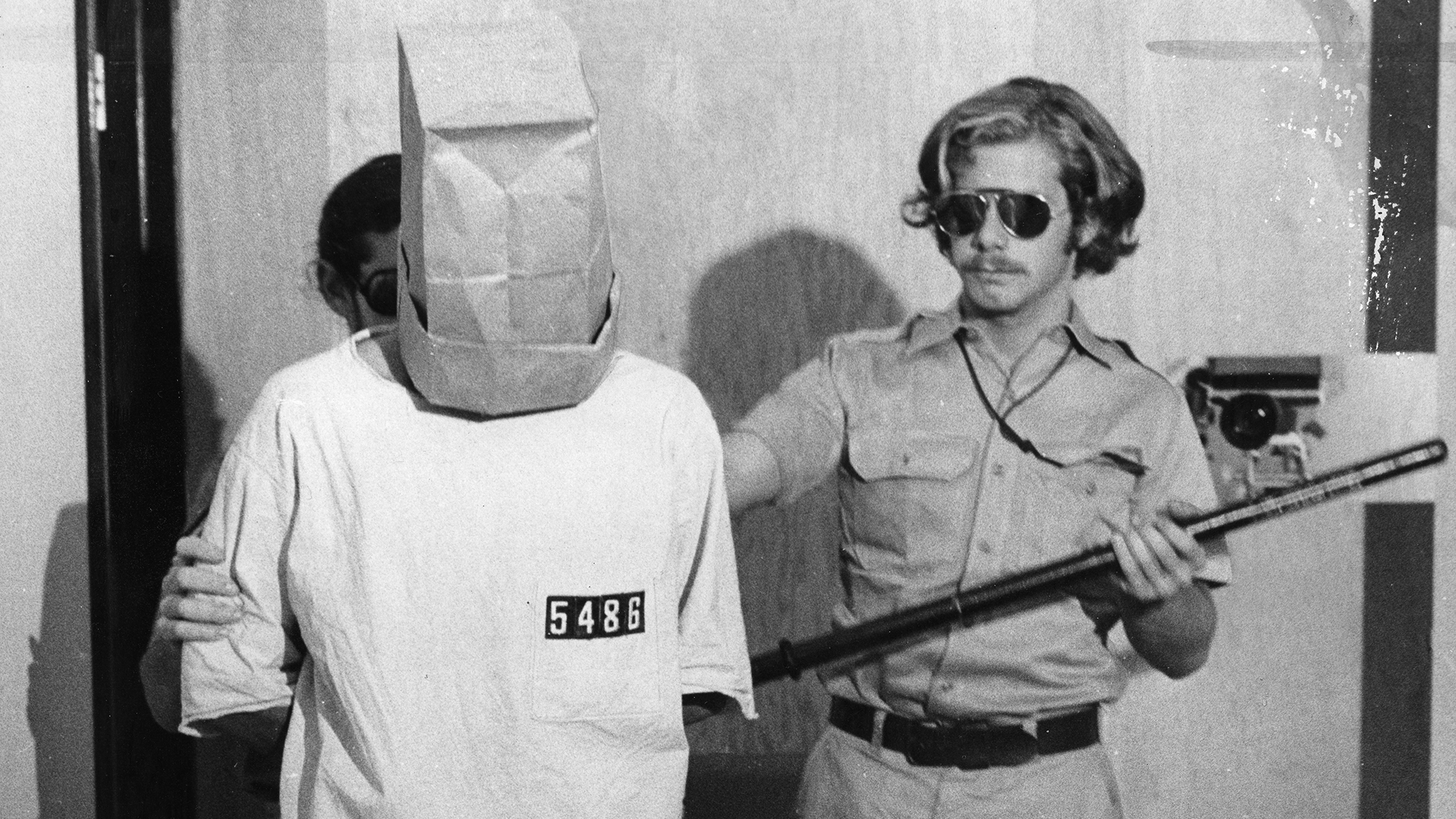 The real story behind the Stanford Prison Experiment
The real story behind the Stanford Prison ExperimentThe Explainer 'Everything you think you know is wrong' about Philip Zimbardo's infamous prison simulation
-
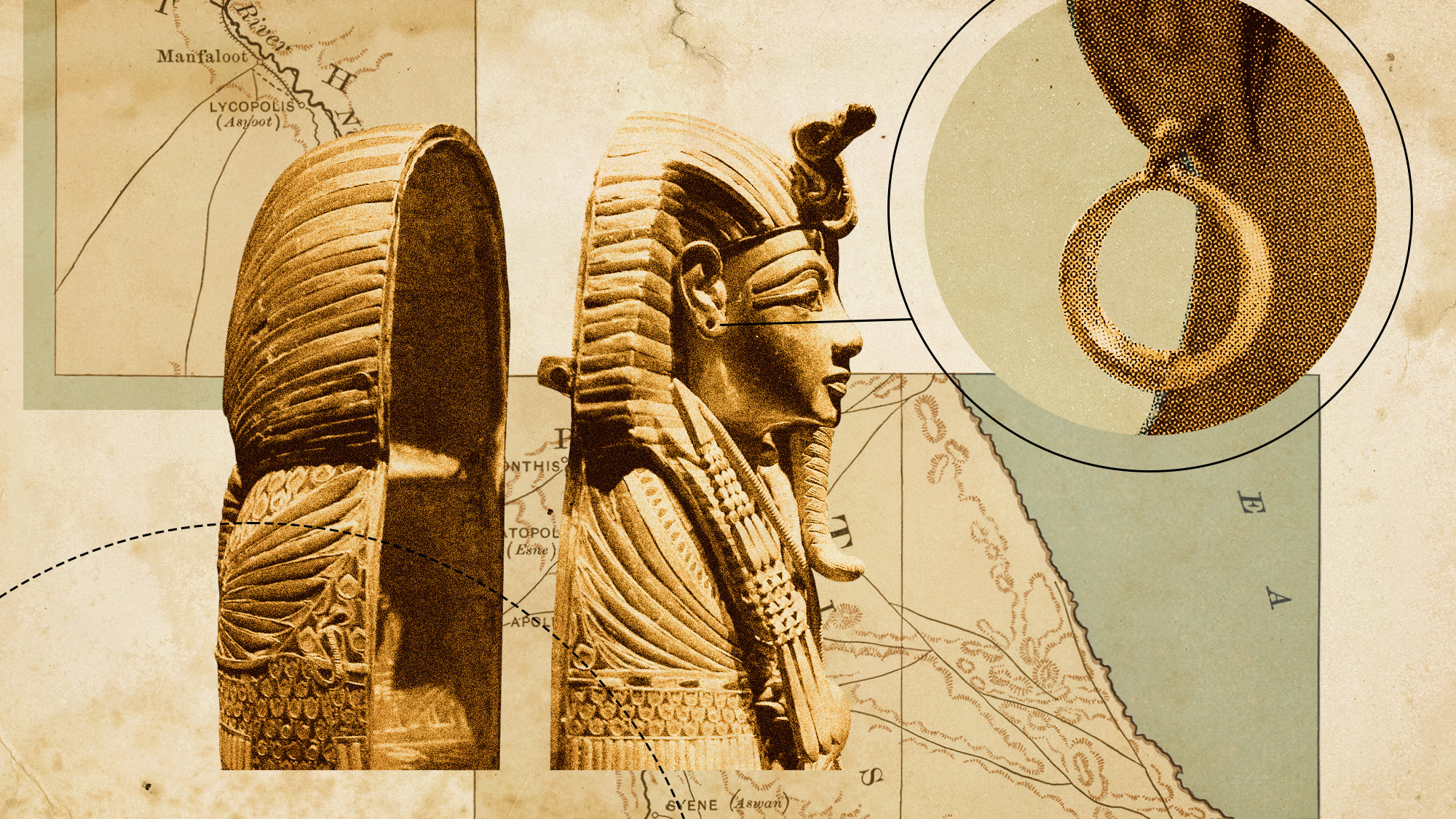 Tutankhamun: the mystery of the boy pharaoh's pierced ears
Tutankhamun: the mystery of the boy pharaoh's pierced earsUnder the Radar Researchers believe piercings suggest the iconic funerary mask may have been intended for a woman